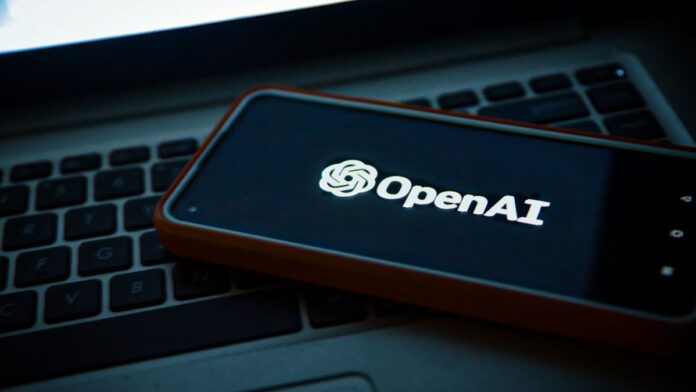Sam Altman, the CEO of OpenAI, has expressed his worries about China’s rapid advancements in artificial intelligence (AI). In a recent media briefing, he said the US might be underestimating China’s progress in this area.
Key Remarks from Sam Altman
Altman noted that the race between the US and China in AI is complex. “I’m worried about China,” he stated.
“There’s inference capacity, where China probably can build faster. There’s research and product development; it’s not just about who’s ahead,” he added, according to a CNBC report.
China’s Influence on OpenAI Decisions
Altman also mentioned that China’s progress with open-source models like DeepSeek and Kimi K2 influenced OpenAI’s decision to release its models, gpt-oss-120b and gpt-oss-20b. “If we didn’t do it, the world would mostly rely on Chinese open-source models. That was a big factor in our decision,” he noted.
These models are designed to be low-cost options, allowing developers to download and customize them easily. The larger model, gpt-oss-120b, has 117 billion parameters and works on a single 80GB GPU, matching or even outperforming OpenAI’s o4-mini model. The smaller model, gpt-oss-20b, with 21 billion parameters, can run on devices with just 16GB of RAM.
Concerns About US Export Controls
During the briefing, Altman questioned the effectiveness of US export controls on semiconductors. He remarked, “You can control exports of one thing, but maybe not the right thing… people might just build semiconductor plants or find other ways around it.”
His insights come as the U.S. government fine-tunes its approach to limit China’s AI advancements. Meanwhile, Chinese tech companies are heavily investing in domestic semiconductor production. Huawei, for instance, is focusing on high-end AI chips like the Ascend 910C, designed to compete with Nvidia’s flagship H100.
Impact on US Companies
Experts warn that these export controls might ultimately hurt US companies more than China. They could drive innovation in China’s semiconductor industry while limiting U.S. firms’ access to the important Chinese market.
Sam Altman’s comments on China’s advancements in AI highlight the need for strategic decisions in technology development. As the U.S. faces competition in this field, addressing these challenges will be crucial for maintaining leadership in artificial intelligence.


